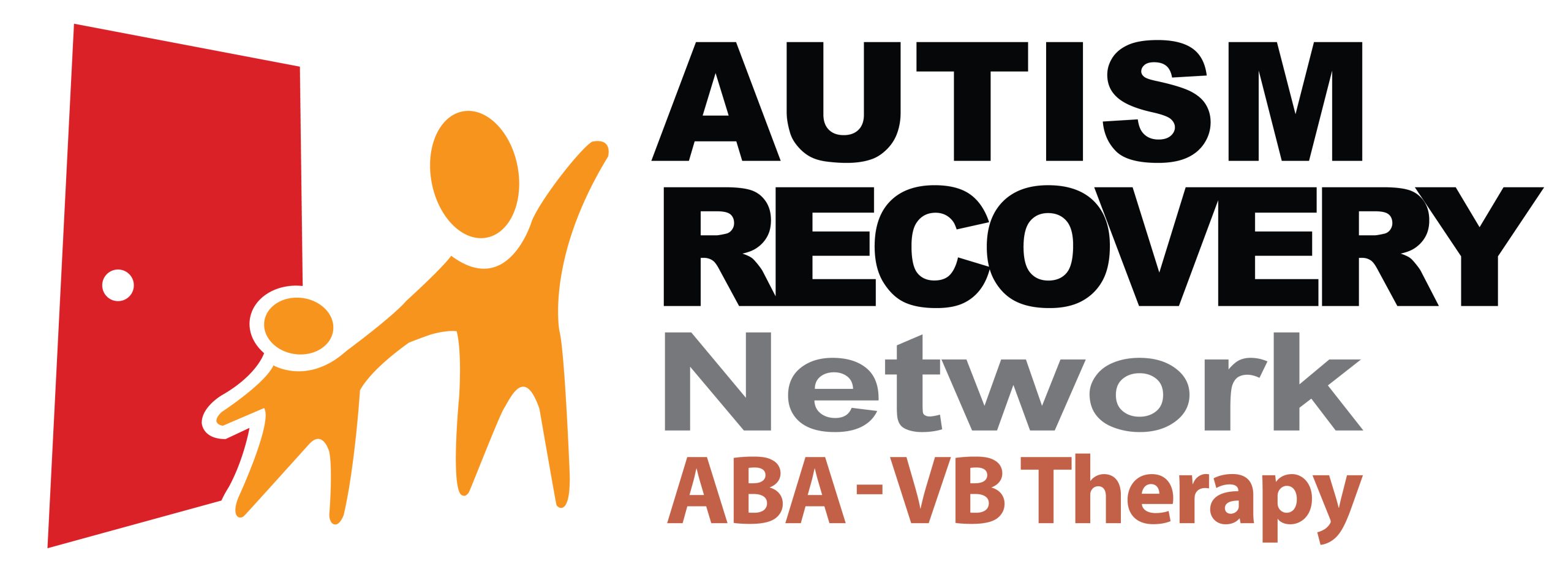A shortage of clinicians specializing in pediatric behavioral and developmental disorders is translating into long wait times for new patient appointments amid surging demand, a new study suggests.
Developmental and behavioral problems are common, affecting about 15 percent of U.S. children, researchers note in Pediatrics. But as a growing number of kids seek care for increasingly complex conditions, the number of available specialists is set to decline as retirements loom and fewer younger clinicians pursue this type of work.
“There is a crisis right now as there are many children in need and not enough specialists to provide care for them,” said lead study author Dr. Carolyn Bridgemohan, co-director of the Autism Spectrum Center at Boston Children’s Hospital.
“In addition to a small number of specialists, the care is time consuming and that limits the number of visits that each specialist can provide,” Bridgemohan said by email. “As a specialty, we will need to change our practice models and look creatively to expand the workforce of professionals who can provide the care that is needed.”
Patient demand is surging at least in part because improvements in treatment and diagnosis in recent years have made it possible for a growing number of children to survive beyond early childhood with complex chronic health problems, Bridgemohan added.
More children are also being diagnosed because general practitioners are better today at detecting problems and referring children to specialists for care.
For the study, researchers examined survey data from 558 physicians and 125 nurse practitioners.
A majority of the physicians worked full-time, an average of 48 hours a week. They typically saw an average of about 6 new patients and 16 established patients each week.
Constraints on seeing more patients included paperwork, the complexity of the patients’ conditions and a lack of clinical support, the survey found.
Doctors also reported spending about 50 percent additional time on patient-related activities they could not bill for, with more non-billable minutes for new patients than for returning patients.
Most nurse practitioners also reported working full-time, and said they saw an average of 5 new patients and 18 established patients per week.
For nurses, constraints on seeing more patients included clinical complexity, a lack of clinical support and paperwork.
One limitation of the study is that fewer than half of the people invited to complete the survey chose to do so.
Even so, the findings highlight the potential for a growing number of children with developmental and behavioral problems to have unmet medical needs, said Dr. Susan Wiley, a professor at the University of Cincinnati and a developmental-behavioral pediatrician at Cincinnati Children’s Hospital Medical Center.
“With the high rates of developmental needs in the general population, the recognition that developmental disabilities are a chronic condition, and the high variability of numbers of providers across the U.S., this contributes to marked delays in accessing specialty care,” Wiley, who wasn’t involved in the study, said by email.
When families do face long waits for specialist care, they can still take steps to help their children with developmental or behavioral problems, Wiley said.
“Families can work with their primary care provider to identify supports which can be implemented before full evaluations are completed by developmental-behavioral sub-specialists,” Wiley advised. “There are rarely risks in supporting children’s needs through therapeutic programs before a full diagnostic evaluation can be completed.”
Link to original article: https://www.reuters.com/article/us-health-pediatrics-doctor-shortage/u-s-faces-shortage-of-developmental-and-behavioral-pediatrics-specialists-idUSKCN1G02KO

